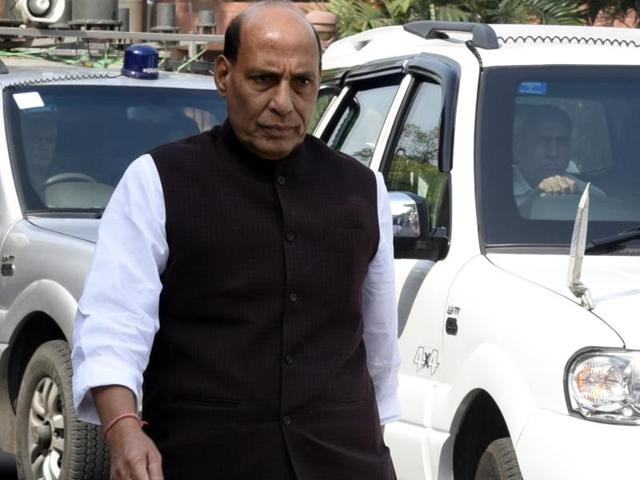When it comes to hard tackling NGOs, India and Israel are on the same page
While no one is against weeding out fraud NGOs, the real fear is that these laws would be used to clamp down on dissent
Prime Minister Narendra Modi convened the 11th meeting of the Inter State Council on July 16 after a gap of 10 years. One of the key agendas of this meeting is the Centre’s plan to create a database of NGOs to keep a record of their area of work and members.

Coming on the heels of its earlier crackdowns on NGOs, the idea of a database has got the civil society worried and angry, but not many are keen to speak on record against it.
There are several reasons for them to be anxious. Here’s a quick checklist the government’s past attacks on NGOs, especially those that work in the human rights space.
First, it was Greenpeace. Then it was Teesta Setalvad’s Citizens for Justice and Peace and Sabrang Trust. Last month, the government suspended the foreign contribution registration of Lawyers’ Collective.
Then on July 1, even as it cast its vote in favour of a UN Human Rights Council resolution urging states to give space for the growth of civil society, India said it will not abide by the clauses that call for the restriction of State control of NGO funding and urge countries to submit a voluntary annual report on implementing measures.
Read: Narendra Modi revives UPA-era report on Centre-state relations
The new database plan is not a stand alone one and must be read together with two other recent decisions:
First, the amendment of the Foreign Contribution (Regulation) Rules, 2015. The new rules require all Foreign Contribution (regulation) Act, 2010 (FCRA), services and transactions to be made online. The NGOs now need to file their annual returns online. The annual returns must be placed quarterly on the NGO’s website or the FCRA website maintained by the home ministry.
Second, according to the new rules released by the department of personnel and training, all foreign and domestic-funded NGOs receiving more than Rs 1 crore as government grant and donations above Rs 10 lakh from abroad will be under the ambit of the lokpal. Under the new rules, office bearers of such NGOs will be treated as “public servants” and charged under the anti-corruption law in case of financial irregularities.
Read: Coming soon: Big Brother to watch over NGOs, civil society groups worried
“It is worrisome that the Lokpal Act and the recent notification of the DoPT relating to the monetary limit of government funding for societies, trusts, associations and LLPs to bring them under the jurisdiction of the Lokpal for purpose of corruption does not include private companies registered under the Companies Act 2013,” said Venkatesh Nayak, Programme Coordinator, Access to Information Programme, Commonwealth Human Rights Initiative told a national newspaper recently.
“Under the NDA government, NGOs who work in the rights space and have criticized the government have suffered greatly. The ones involved in service delivery have not been touched since the government uses them for several of its mega plans,” a civil society activist told me recently. “The new laws are like a pincer attack on the first category.”
While no one is against weeding out fraud NGOs, the real fear is that these laws would be used to clamp down on dissent.
Read: NGOs: An extension of the government, not an adversary
ISRAEL’S NEW NGO LAW
On July 11, Israel, a great friend of India, approved the contentious ‘NGO Law’. The law requires NGOs receiving more than half of their funding from foreign governments to note that in reports to the registrar of nonprofit associations and in all official publications.
The Israeli government defended the law, saying it would actually increase transparency and strengthen Israel’s democracy.
Critics say the legislation will target about 24 leftwing groups that campaign for Palestinian rights while excluding rightwing pro-settlement NGOs, who will not be required to reveal their often opaque sources of foreign funding.
“The only thing transparent about this law is its true purpose: to intimidate and silence the civic sphere and those advocating for an end to the occupation in particular,” The New Israel Fund’s chief executive Daniel Sokatch told Washington Post.
In India, the reaction of the civil society on the new reporting architecture is not much different.
@kumkumdasgupta





